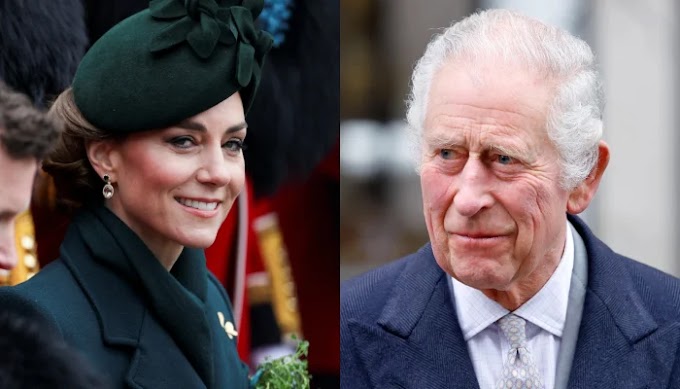Review of Wolverine Immortal, with Hugh Jackman
James Mangold gives Wolverine a film that lives up to the character
Hugh Jackman is a magnificent actor who is criticized by
many for having been pigeonholed in his role as the mutant Wolverine. When
he launched the first part of Logan's solo saga as a producer, everything
seemed to point to a routine and pyrotechnic series to the greater glory of
his biceps. But the Australian interpreter had other plans in mind. Although
Wolverine turned out to be a bluff, the choice of Gavin Hood as director
denoted certain authorial aspirations and an interest in developing the
undoubted emotional richness of a character that, now yes, explodes in this
remarkable action film that pays more attention to dialogue than to the
adrenalin.
Jackman is no fool, and to breathe new life into
his most beloved character, he has surrounded himself with two strong names:
filmmaker James Mangold (The 3:10 Train, Copland) and comic book writer
Chris Claremont, who while does not appear in the credits, he is the
original author of the story that animates the plot that Christopher
McQuarrie, Mark Bomback and Scott Frank have hatched. Things are easier if
you take care of the essentials.
In the midst of the digital storm of Superman, Star Trek, World
War Z, Pacific Rim and The Lone Ranger, Wolverine Immortal is presented as
the free verse that dares to take care of the characters to the detriment of
the theme park action. The magnificent opening sequence in Nagasaki -very
brave in its political approach- and the presentation of Logan as a wounded
creature, hidden in the mountains, give a sober and slow tone that is
sometimes lacking in this kind of production. We do not deny the action, of
course, but it is better if it is supported by characters with heart and
soul.
Motivations and feelings, in short, that abound in
the visual and literary calligraphy of this Oriental-style Wolverine who
always advances with a firm and determined step. Magnificently written and
shot without pretensions, the film drinks from sources as noble as Sidney
Pollack's Yakuza or Ridley Scott's Black Rain to gel as a model adventure of
"traveler in a strange land" that slips interesting ideas about identity,
destiny, mortality or the redemptive power -and also poisonous- of great
loves.
Wolverine speaks and feels more than ever, an old Jackman
aspiration that we appreciate, and he does both to grow as a character and
prove, once again, that the Marvel universe has more fortune on screen than
DC's. The mutant beast finally has things clear, and although at the end of
the film he doesn't know very well what direction his life should take, the
wicks that he has in his claws are the most suitable for putting together a
franchise that is worth betting on. oh! There's a post-credits scene, and
this time it's not some cheap ol' Stan Lee bauble. Days of Future Past
awaits on the horizon.












